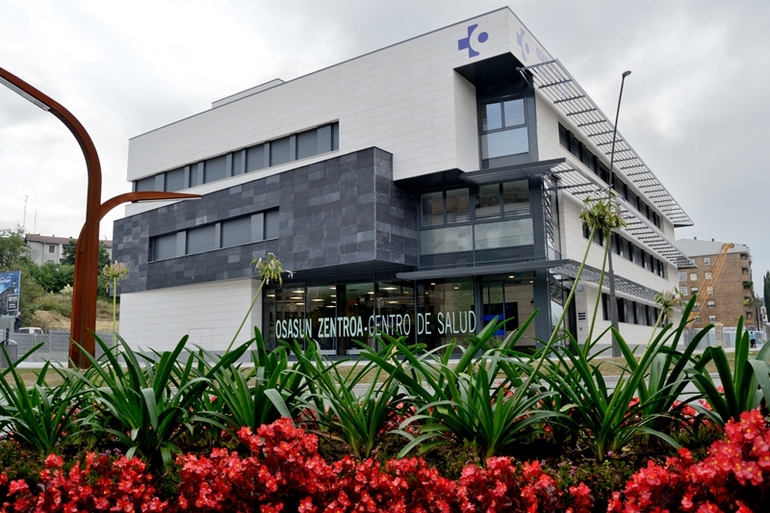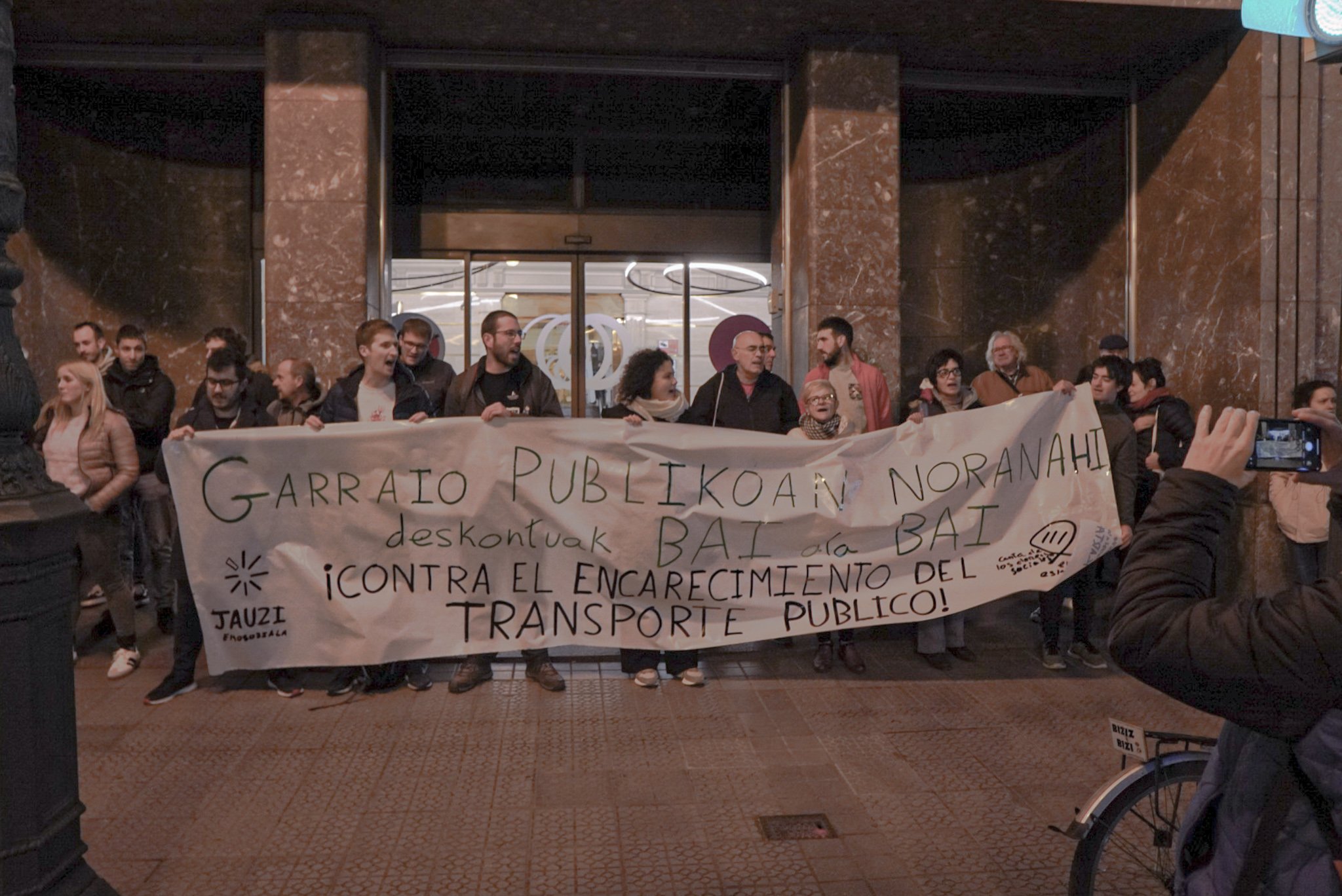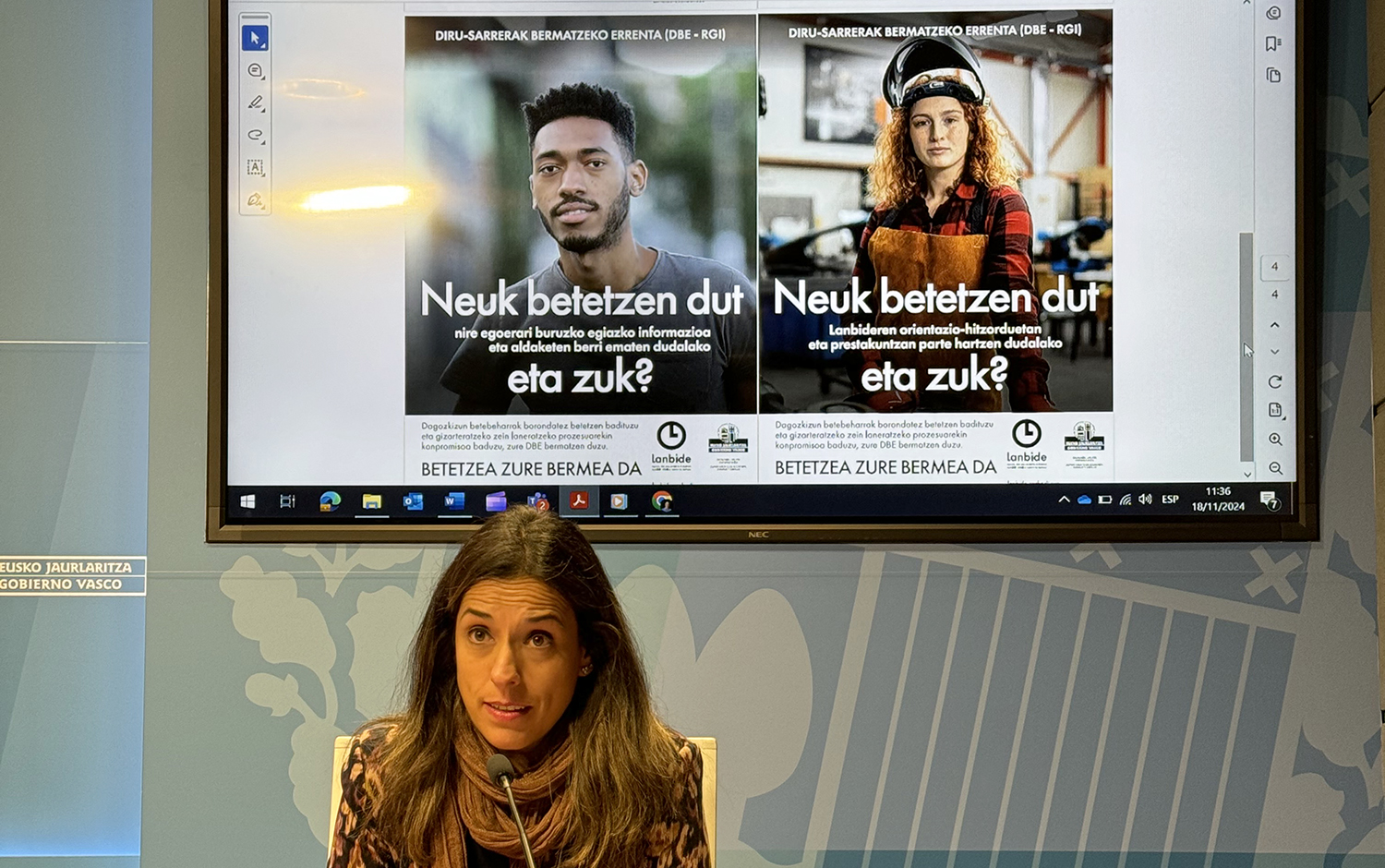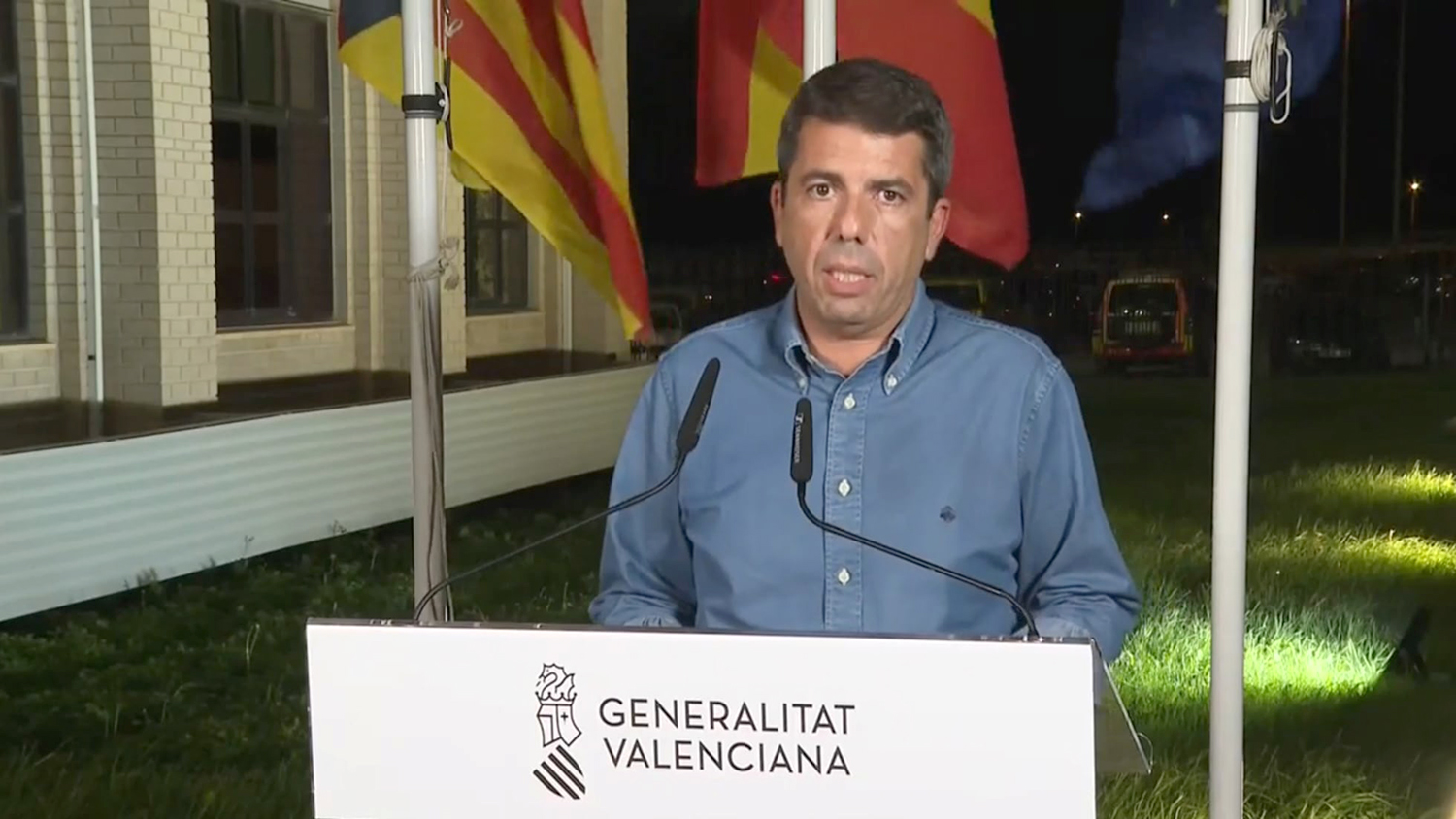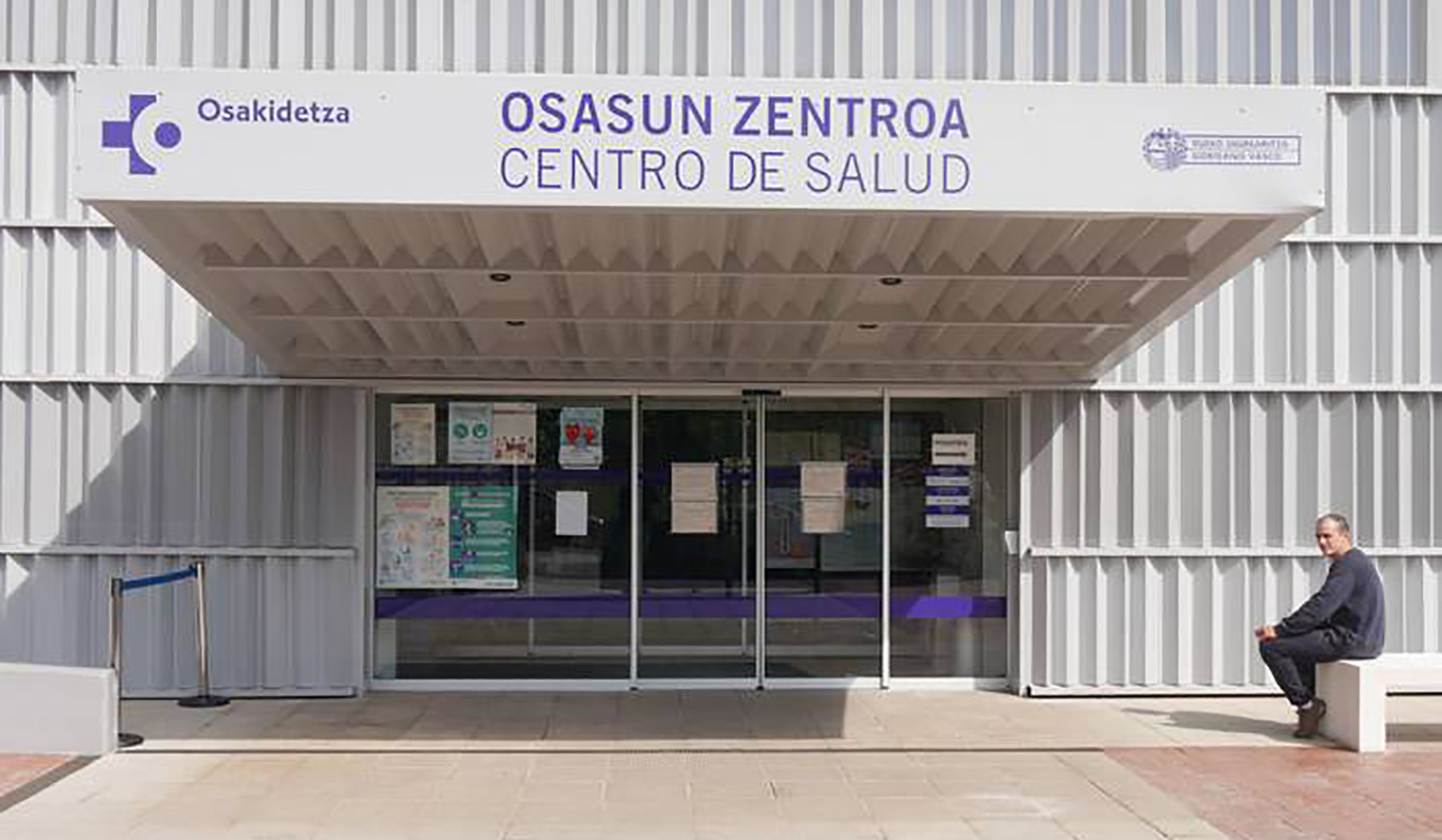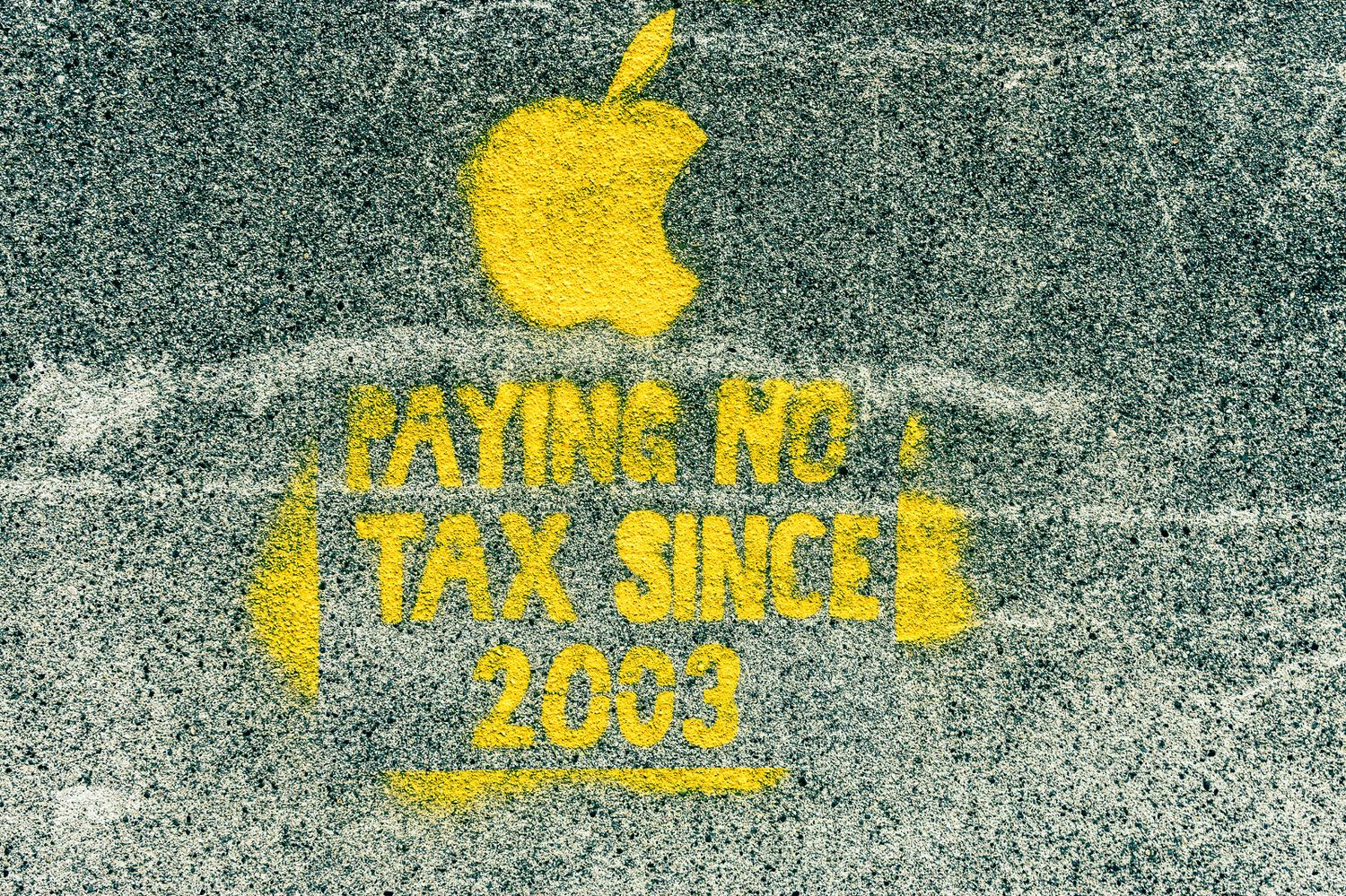Saving or portrait of imbalance
- The pandemic is leading to significant family savings, but there is also high precariousness among young people and women on precarious contracts. The level of savings existing in society at this time portrays current inequality, especially because the fear of consumption and its limits generates the tendency of saving people.
We do not have official data from the Basque institutions, but we do have data from the French and Spanish states. For example, according to data from the Bank of Spain, gross savings rose in the second quarter of the year to EUR 38,996 million, 174% more than twelve months earlier. Despite the fact that family income has fallen by 8.8% (around EUR 200 billion), consumer spending has also fallen by 24% (EUR 132.222 million in the second quarter). Forward and uncovered balances have increased by EUR 47,500 million from January to EUR 877,500 million.
On the contrary, if we photograph reality, we will see that almost a third of the workers most affected by the crisis do not have a month of disposable income and, moreover, live in debt with the banks. There are many young people and women who have precarious contracts, and at the moment, instead of saving, they are getting more indebted. It's the picture of the difference.
Without consumption there is no economic recovery, businesses do not produce, jobs are destroyed and more precarious. Savings rot, oxidize and lose value. Large companies do not want to resort to own funds, demanding public rescues, maintaining the policy of privatisation of profits and reinsertion of losses. If there is a public rescue, at least nationalize them.
PPrekin eta EH Bildurekin negoziazioetan porrot egin ondoren etorri da Ahal Dugurekin adostutako akordioa. Indar politiko honek aitortu duenez, maximalismoak atzean utzi eta errealitateari heldu diote, errenta baxueneko herritarren aldeko akordioa lortuta.











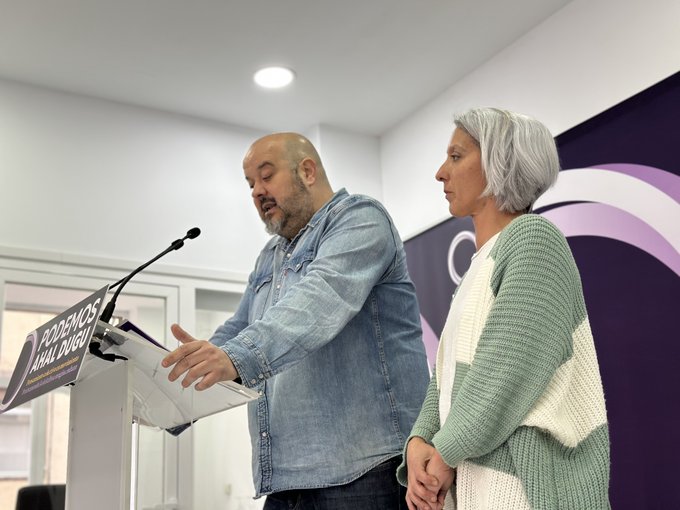

.jpg)

